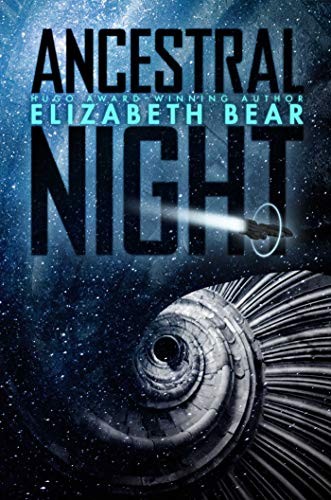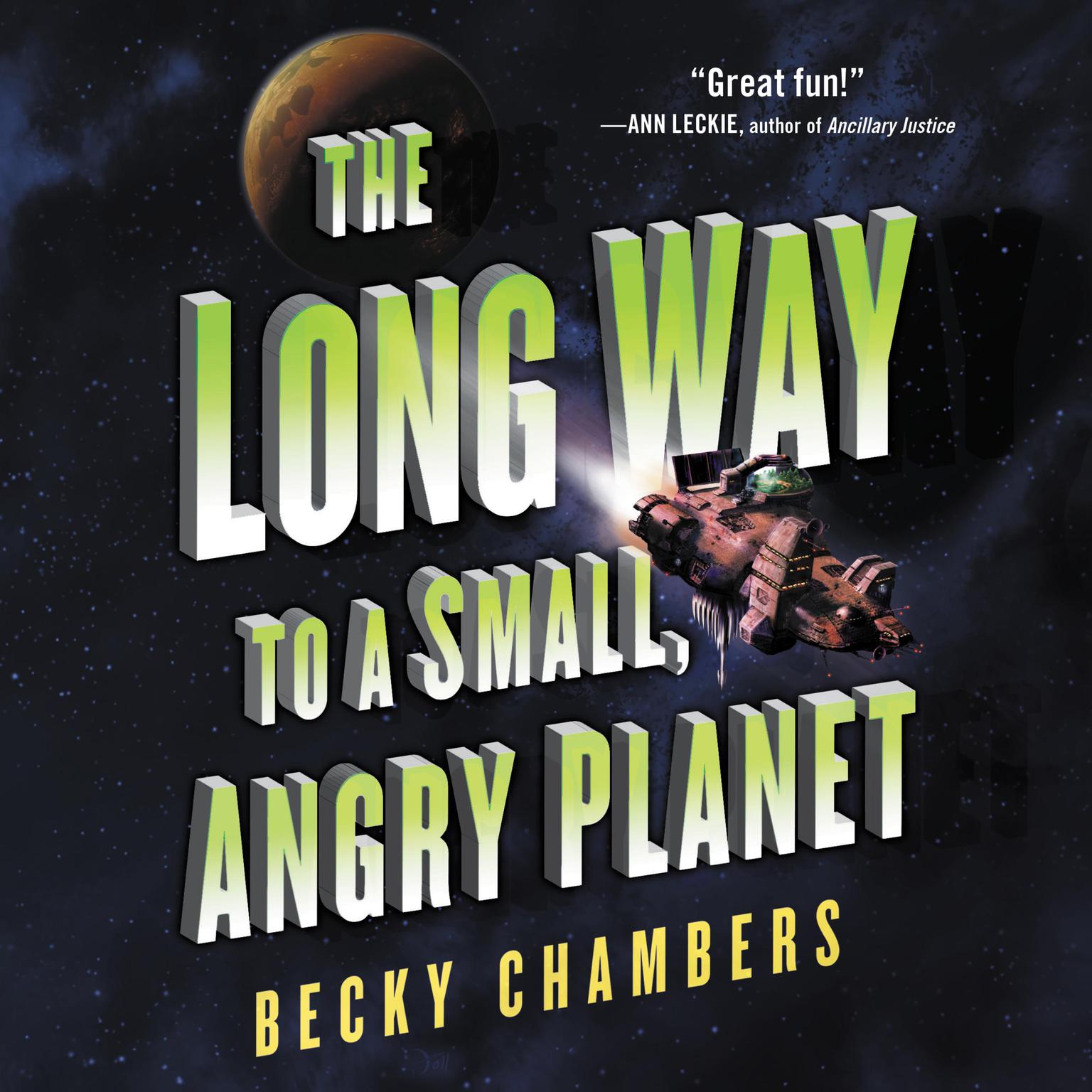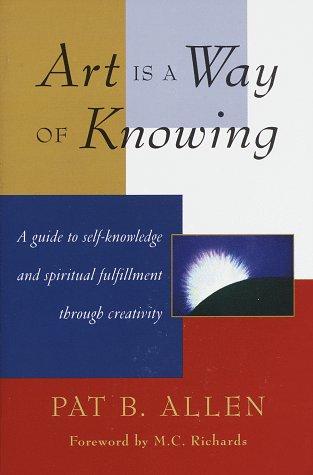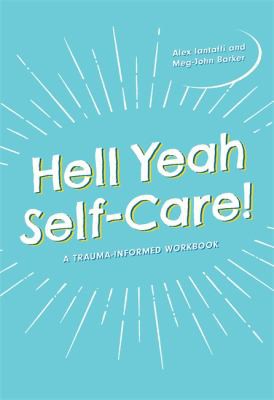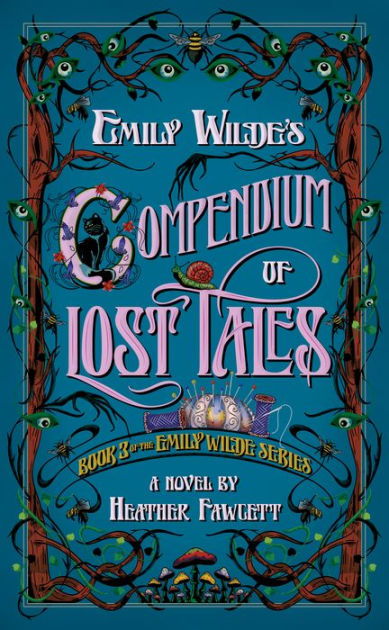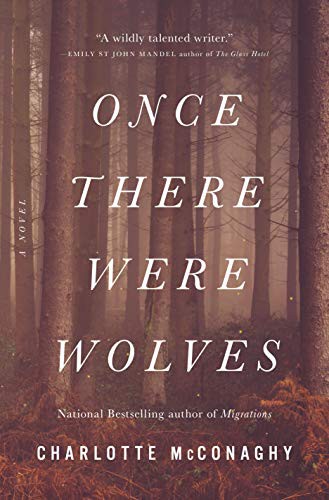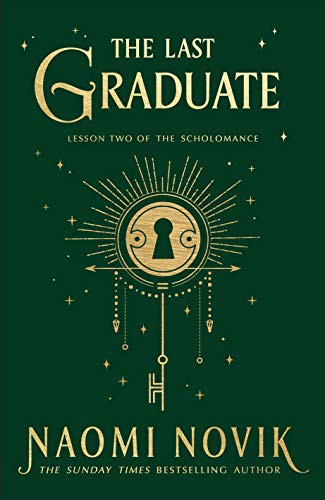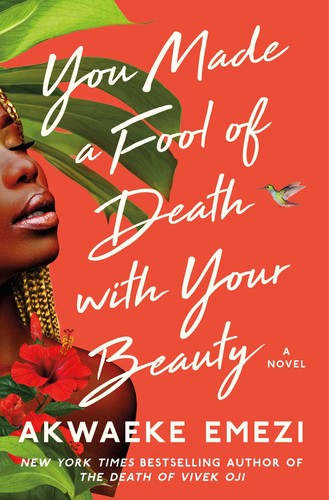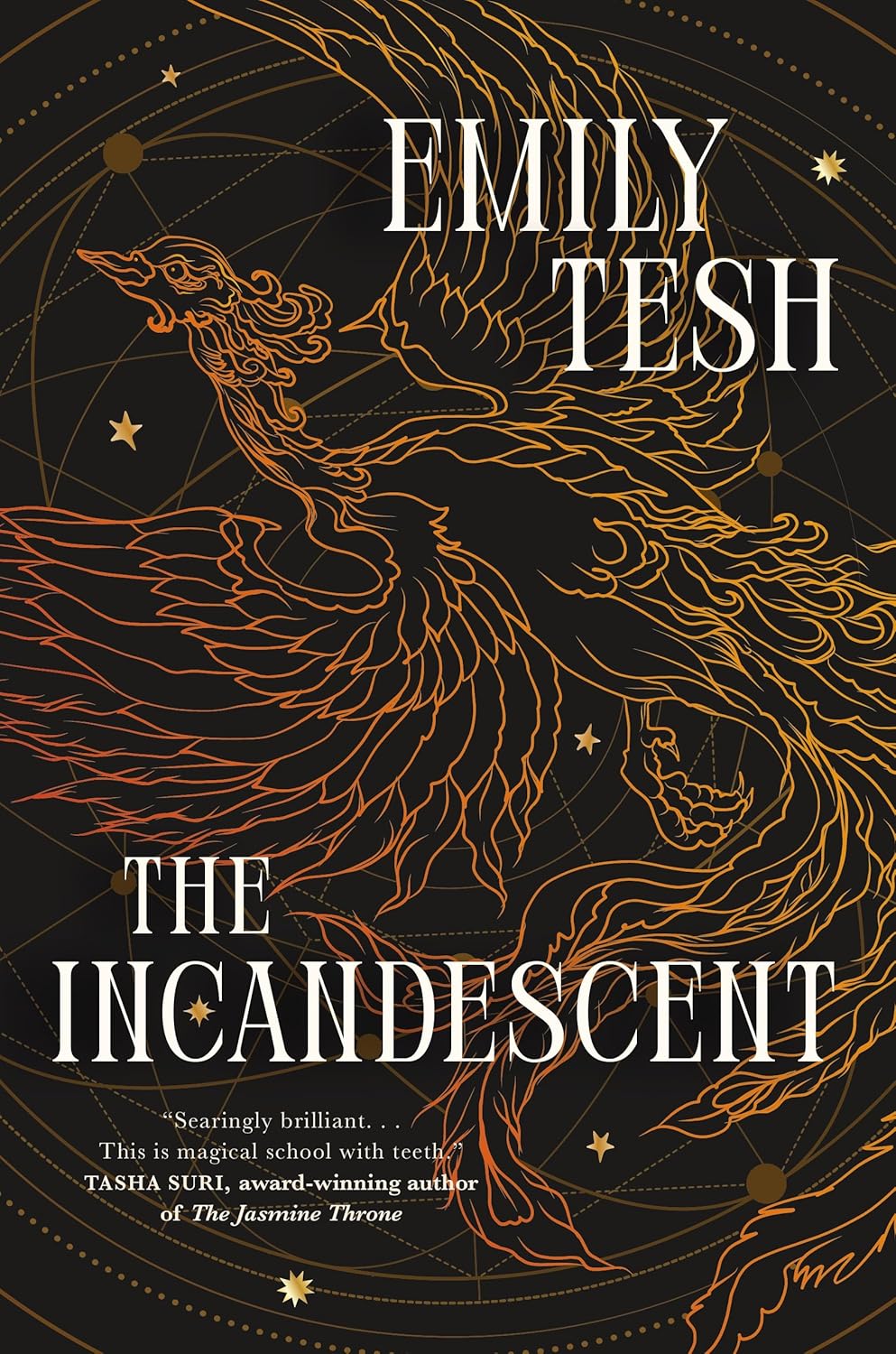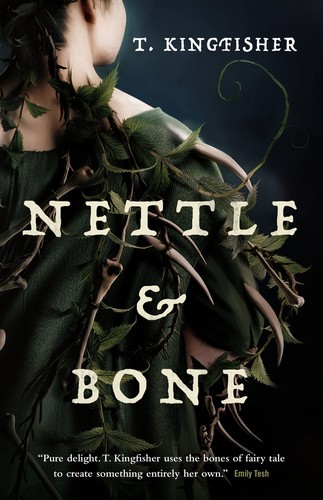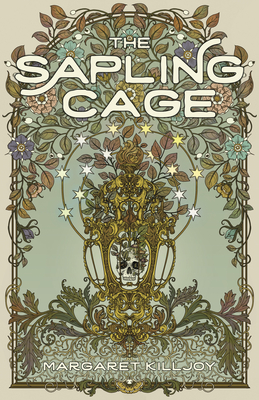It was amazing how stupid teenagers could be, Walden thought, with enormous, grieving fondness. She knew she wouldn’t change them for the world.
The Incandescent is a fun novella about a magic boarding school and its demon summoning problems, but from the perspective of an older teacher.
This book could have been a "gosh those teenagers" story, but I love that the narrator Saffy herself is an adult who remembers her own teenage failures and is able to bring a lot of compassion as a result. And also, she makes the same mistakes her teenagers do--she internally comments on their relationships while she's having her own awkward romance; she also makes mistakes from the same place of hubris that they do.
Because an elite education was an investment in power. Magic was the least of what you gained at Chetwood. What mattered was the power to walk the walk and talk the talk, to have your résumé picked out of the pile and the interviewer already speaking your language.
One component I liked about this book that I feel like gets skipped in a lot of stories like this is the worldbuilding around the privilege around attending a private magic school. Given that the narrator Saffy went to the school herself and then is now a teacher, I appreciate that we get the opposite of this in the marshal Laura Kenning who is shocked that kids can live in the postcard environment and feel like it's normal, all because they have rich parents.
(In the books about magic schools department, I think A Deadly Education does this really well too, although that book is more about how outside wealth and privilege reflect on standing inside the school and at graduation, but that also makes sense given its student point of view rather than the teacher perspective here.)
No sensible woman over the age of twenty-five felt anything but dubious in the face of a smiling posh chap with good cheekbones.
This book has a romance component, but it's pretty minor. Saffy is a workaholic and primarily the book is about her relationship with her work and her school and her past. If anything, I appreciate the romance more than a lot of other books. Saffy and Laura are staid and awkward in a way that feels authentic, and I will admit that I do like the progression of professionally butting heads to an eventual appreciation of each other's talents.
ALSO, let me repeat that the main character is nicknamed """Saffy"""; her two main love interests are: (1) butch lesbian with a motorcycle and a sword, and then (2) smarmy posh guy. We'll leave it to the romance experts to figure out where the cards fall on this one.
